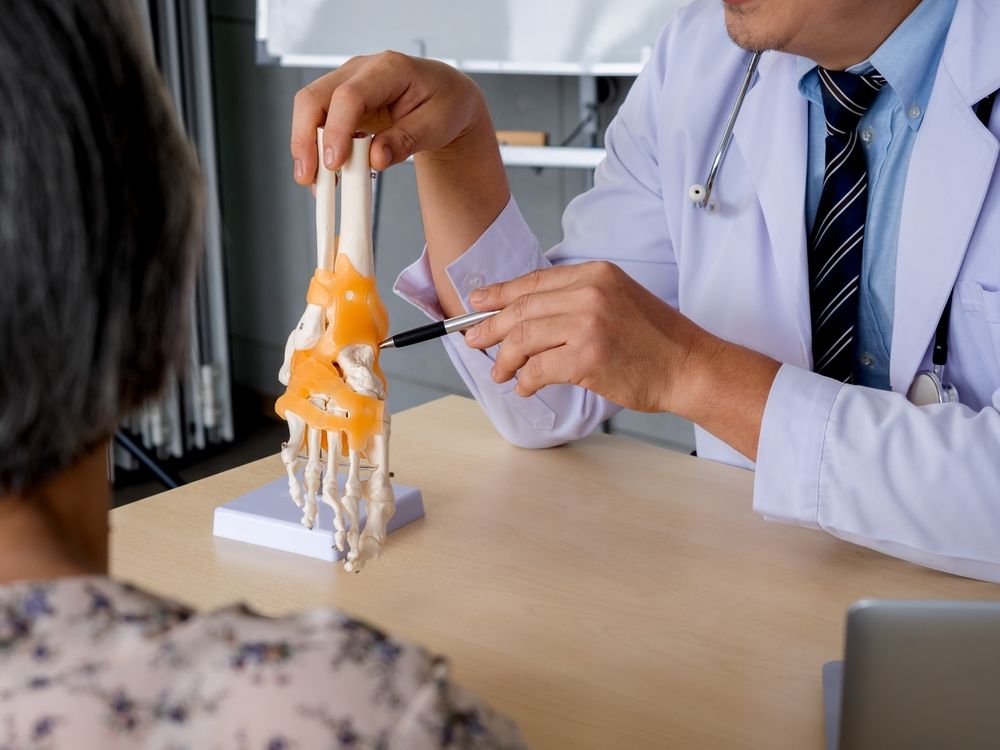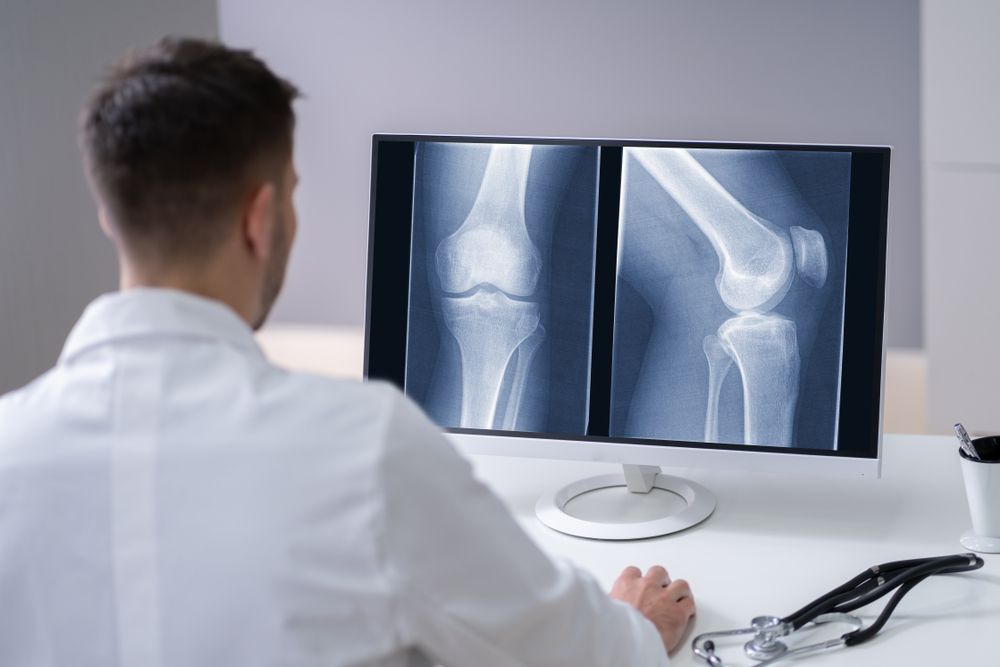When amounts of uric acid, a normal byproduct of metabolic reactions in your body, rise too high, it can cause gout, a form of inflammatory arthritis. Uric acid begins to crystallize when uric acid levels are so high that your body cannot readily dissolve and eliminate it (via urine). Uric acid crystals accumulate in the joints, producing excruciating inflammation. Gout episodes frequently occur in the big toe but can also affect many other joints.
Recognizing Gout Symptoms And How To Prevent Them
Purines, produced by your body and found in some foods and beverages, are broken down to make uric acid. Many experts feel that the importance of diet in developing gout is overstated, although eating foods rich in purines can lead to elevated levels of uric acid. Chronically high uric acid levels result from your kidneys’ inability to effectively remove uric acid, which can happen for a variety of causes, such as:
- Weight problems: Losing weight reduces the risk of gout, while being overweight increases the risk. According to research, lowering uric acid levels and losing weight can decrease the frequency of gout attacks without enforcing a purine-restricted diet.
- Kidney disease: Gout and kidney disease are frequently related because kidney disease can increase the amount of uric acid in your blood. When you have kidney disease, your kidneys can’t correctly filter uric acid and other waste products out of your blood. As a result, uric acid can accumulate and lead to a gout episode.
- Diuretics: A gout is a form of arthritis brought on by uric acid crystals in a joint, and diuretics can raise your chance of developing it. The buildup of uric acid might occur because diuretics cause more excretion, which causes your body’s fluid content to decrease.
- Alcohol: Gout risk can be increased by alcohol, and the chance rises with consumption. Although consuming any alcohol may carry extra risks, beer consumption has been linked to a higher risk of developing gout due to its high purine content.
- Diabetes: According to studies, uric acid buildup and insulin resistance are related, which may raise a person’s risk of developing diabetes. Additionally, gout may be more likely to occur in people with diabetes. Individuals with diabetes frequently have high uric acid levels, which causes gout.
- Thyroid issues: Thyroid hormones affect renal function, which may change serum urate levels, a significant gouty arthritis risk factor.
- Genetics: 65 percent of gout cases are heritable. The measure of a genetic impact is heritability.
- High-purine diet: Uric acid levels can increase due to consuming foods rich in purine or producing purine compounds. A buildup of uric acid crystals in soft tissues and joints due to too much uric acid can result in excruciating gout symptoms.
Gout Treatment with Dearborn & Associates Institute for Joint Restoration
Dearborn & Associates provides a wide range of gout treatments. We will work with you to improve your well-being at every step. You can get expert medical advice from Dr. Danielle Dearborn to manage your chronic gout. She can help you with at-home pain management methods and clinical treatments that must be performed in the office. Treatment for persistent gout sometimes requires a combination of methods. Contact (510) 818-7200 immediately to make an appointment with Dr. Dearborn!











